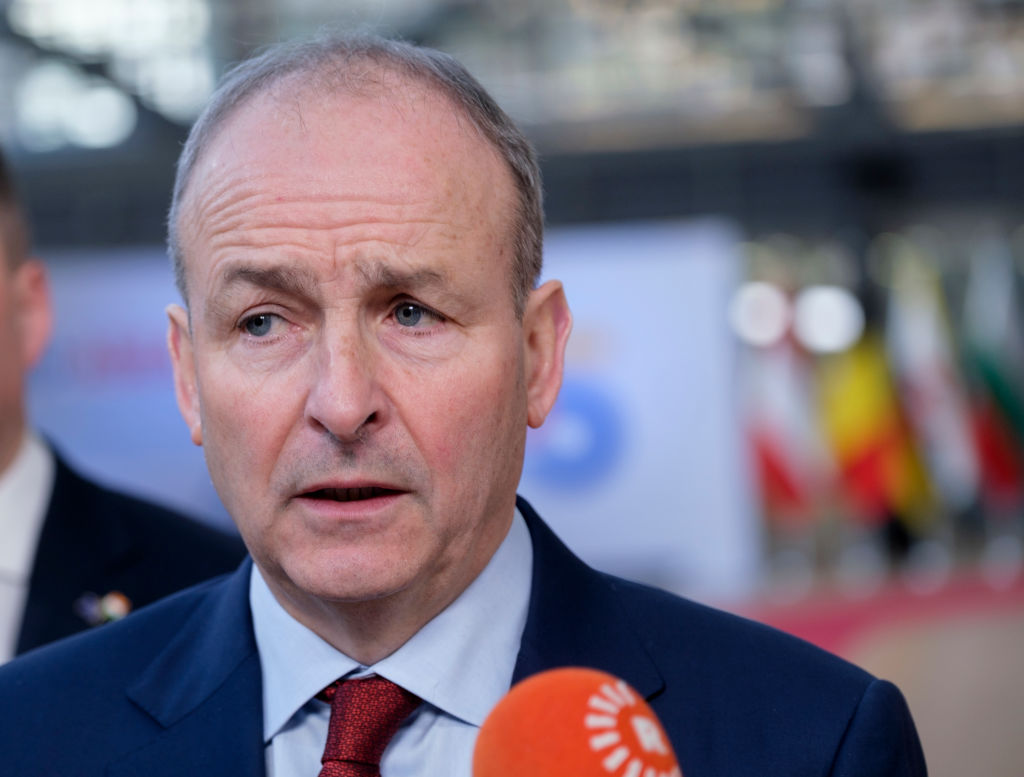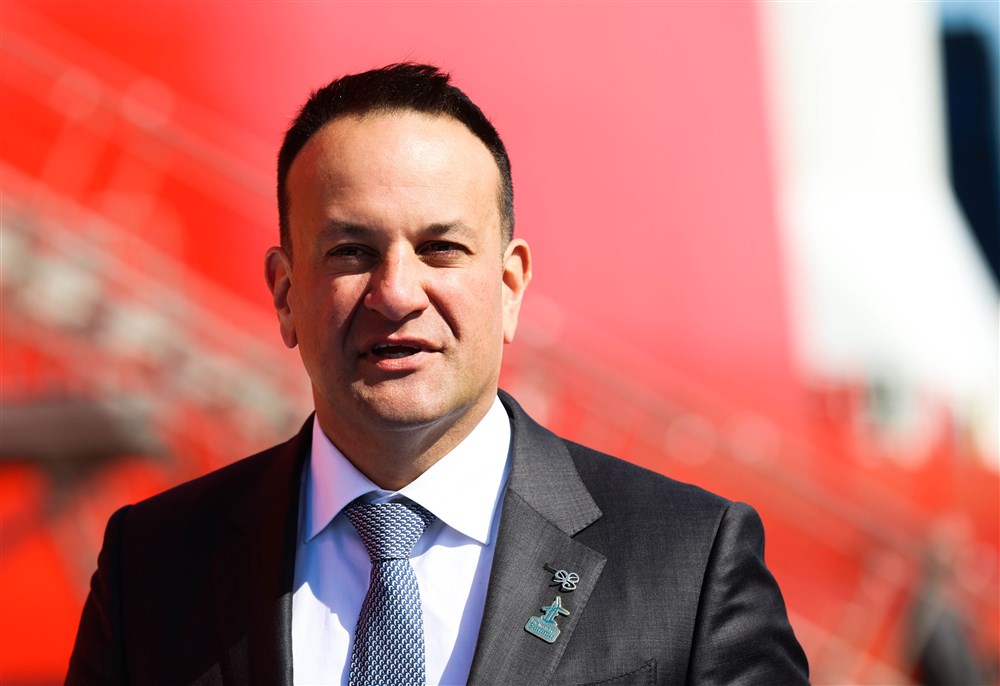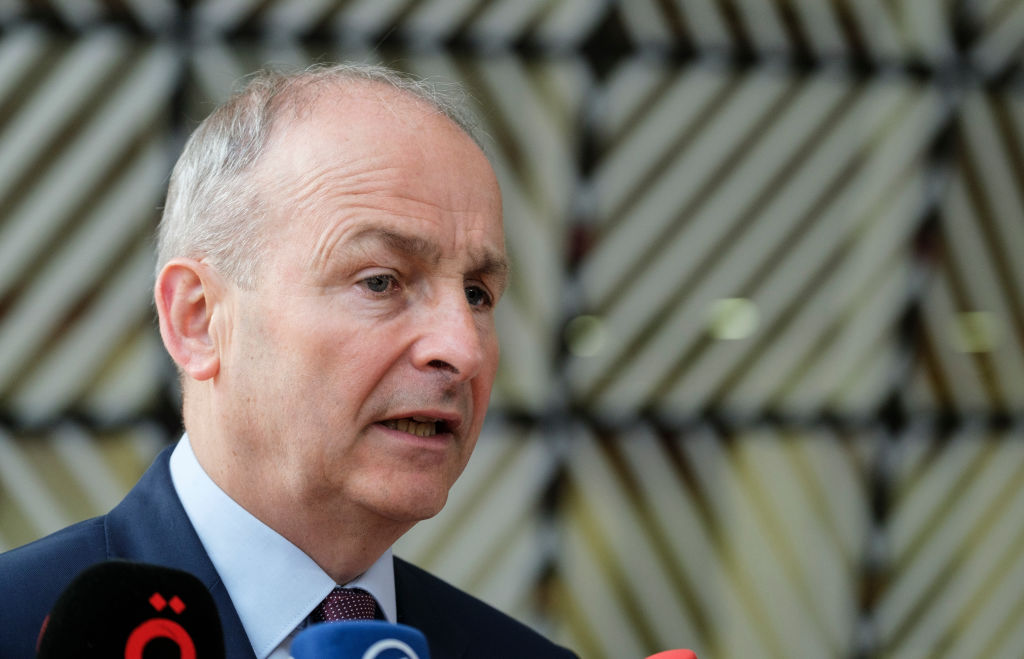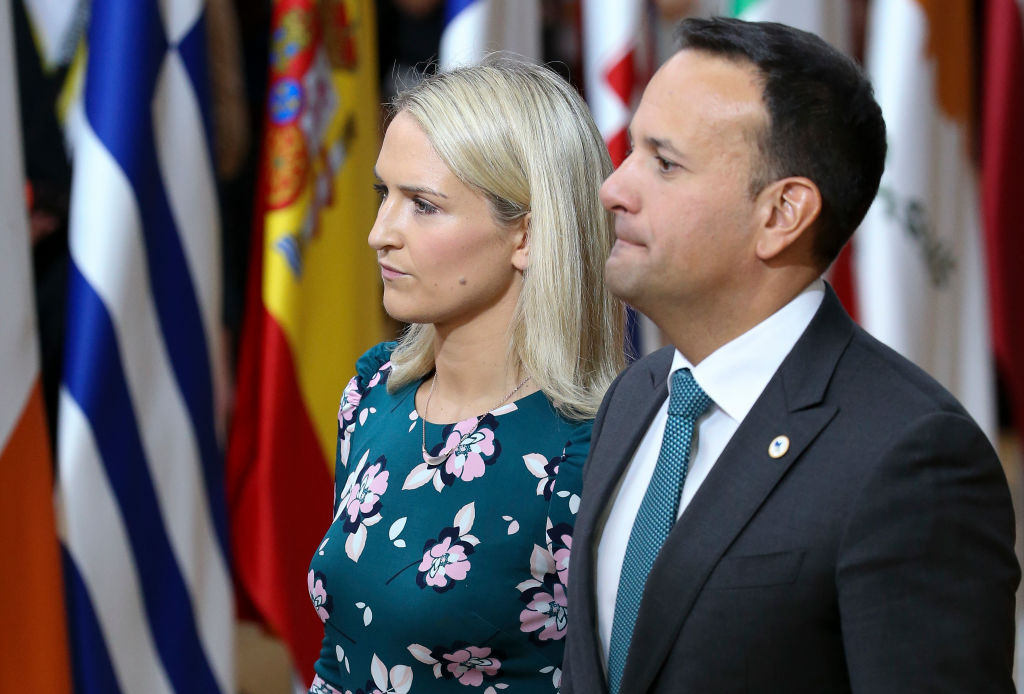Ireland’s new sex education course for secondary school pupils will focus on “LGBTQ+ identities”, while also proposing that “white”, “male” and “Irish” people are “privileged” compared to minority groups. The move has caused consternation.
Teaching the new curriculum will become mandatory, with the left-wing Irish Government keen to push through the changes despite opposition.
In a draft document published on July 12, the country’s National Council for Curriculum and Assessment (NCCA) emphasises the importance of “diversity” and “inclusion” in teaching the new curriculum, which is designed for pupils aged 15 and above.
“Each of the learning outcomes below should be taught in a way that LGBTQ+ identities, relationships and families are fully integrated and reflected in teaching and learning, as opposed to being addressed within stand-alone lessons,” one instruction in the draft reads.
Parents and education institutions have expressed outrage, with one of the country’s largest school associations denouncing the plans as “dangerous”.
“What it means to be transgender would require [educators] to teach something about which there is neither a scientific nor social consensus to highly impressionable young children,” the Catholic Primary Schools Management Association – an organisation that represents around 89 per cent of the country’s primary schools – warned.
“We should not prematurely introduce children to complex and sensitive topics around which there is no scientific or medical consensus,” it added, saying that the move could add to “a growing psychological contagion” among vulnerable children.
The NCCA document also tells teachers to instruct students that “harmful attitudes around gender are perpetuated in the media, online and in society”.
It reads: “Gender means the socially constructed roles, responsibilities, characteristics, behaviours, activities and attributes that a given society considers appropriate for women and men.” The authors add that gender is “socially constructed” and can change over time.
Issues around what it describes as “white privilege” are also discussed, with Irish people being described as having a “privileged status” in society compared to those from minority backgrounds.
It also demands that students be taught how to develop “allyship” skills, which involves recognising one’s own privilege status and using that to promote “justice and equity”.
According to the Irish Times, government officials are insisting that parents will be able to request their children not be included in the sex education lessons that “contravenes their conscience”, although it added that the decision will be left to individual students once they reach the age of 18.
Such a compromise seems unlikely to win over parents, observers say, as many of them are already up in arms about mandatory changes to sex education being made by the government at primary school level.
Ministers have been especially keen to have children taught about “transgenderism”, with the country’s LGBTQ+ leader and its Prime Minister Leo Varadker coming out in support of the mandatory changes earlier this year.
Transgenderism is a general term for those whose gender identity, gender expression or behaviour does not conform to that typically associated with the sex they were assigned at birth.
“Trans people exist, they’ve always existed, and I think it makes more sense in schools to just inform children about the world around them,” Varadker said.





